We talk a lot about Microsoft's problems at XDA, and how the company seems to be trying to drive Windows 11 into the ground a lot of the time. But it's not just us saying it, and in fact, a recent piece of news out of Denmark suggests that governments are getting tired of Microsoft, too.
The Danish government, particularly the Ministry of Digitalization, recently announced plans to move over the entire department from Windows and Microsoft Office over to Linux and LibreOffice. It's undoubtedly a bold and complicated move, but the fact that the government is willing to go through that transition now should tell you something. And it's planned to happen quickly, too, with the Ministry hoping to have every employee on the new platforms by this fall. But can this plan actually succeed?
Why Denmark wants to move away from Microsoft
A new digitalization plan
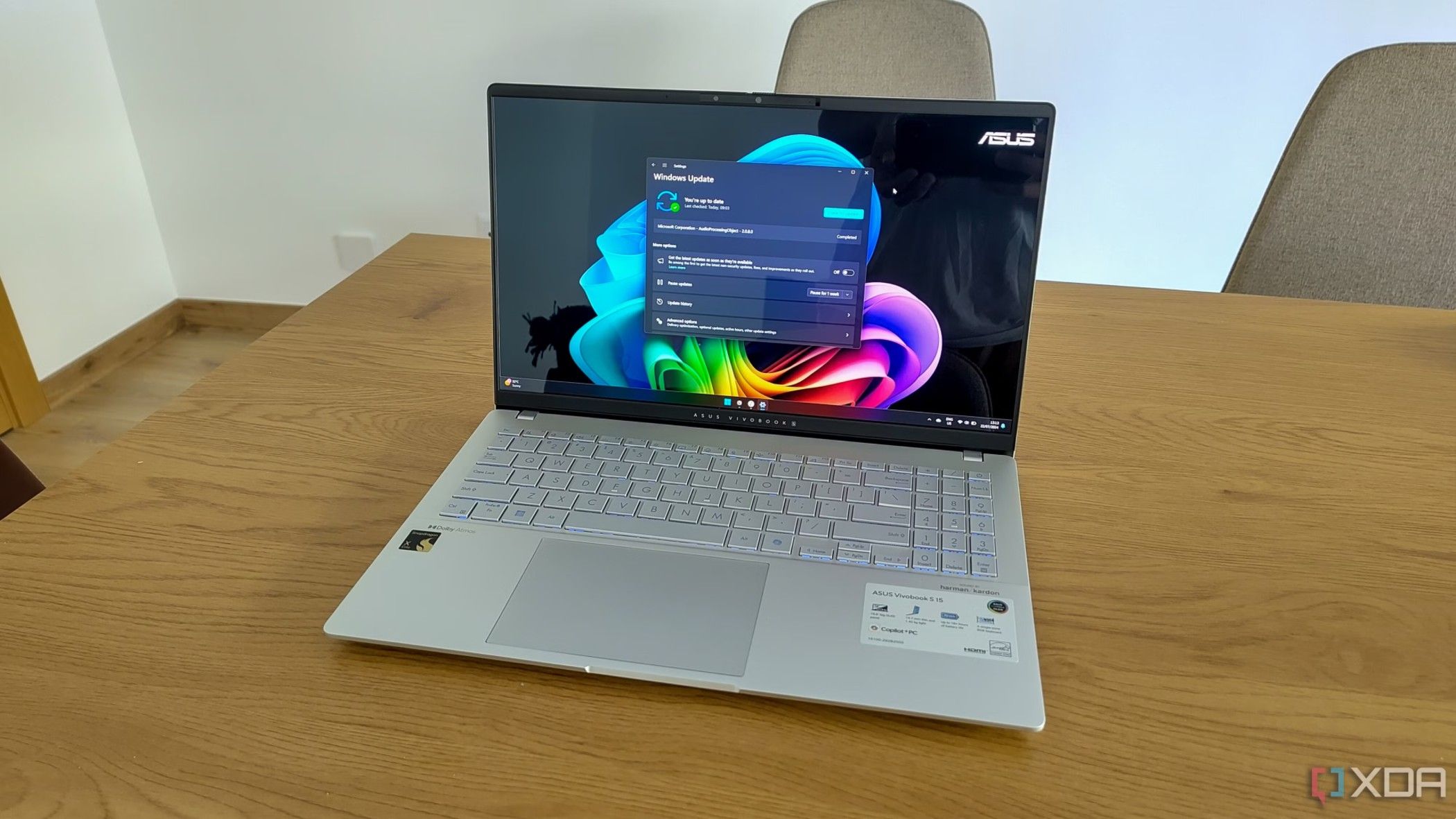
It would be disingenuous to claim that Denmark's plans to move away from Microsoft's software are purely technological, but there's a factor to it. The Ministry of Digitalization wants to ensure the digital sovereignty of its data, and relying on products from a major foreign corporation such as Microsoft naturally represents some risks, especially with the increasing political tensions between the United States and the rest of the world.
Moving away from Microsoft's solutions will give the Danish government more control over data storage, as well as save money. But one of the specific reasons mentioned is also the increased control over software updates, which highlights one of the issues with Microsoft's software approach. Mandatory monthly updates aren't for everyone, and Microsoft's updates have a habit of causing more trouble than they're worth, so the move away from the company's software is even more justified.
Denmark is not the first to attempt this
A tough transition
Denmark's move to ditch Microsoft services is far from unprecedented in the EU, and the results in the past have been a bit of a mixed bag. One of the most prominent examples was the city of Munich, Germany, which has been going back and forth between Windows and Linux for almost two decades now. The idea of switching to Linux has been floated since 2003, and in 2013, the city announced its transition to open-source software was complete, though just one year later, it was reported that the city was moving back to Microsoft software due to numerous complaints among its workers. Though in 2020, it was reported that the Munich government was once again trying to go back to Linux.
Other European cities and regions have gone through something similar. The Italian city of Turin announced back in 2014 that it was switching to Linux and OpenOffice, with the expectation of saving millions of euros. Around the same year, the French city of Toulouse announced that it had saved one million euros by switching to LibreOffice instead of Microsoft's Office suite. More recently, the Schelswig-Holstein state in Germany also announced it was beginning its transition to Linux and LibreOffice in order to achieve "complete digital sovereignty".
There's a clear desire for governments to have more control over their data and their software, and a lot of it is driven by Microsoft's support policies that make things more costly for said governments. As older versions of Windows and Office fall out of support, governments are usually expected to pay more in order to stay ahead, something that's far less of a problem when it comes to Linux and open-source alternatives, which continually receive updates at no additional cost.
However, much of the tech world has evolved around the standards Microsoft established; app compatibility is best on Windows, and documents are often created in Microsoft Office formats that may not be fully supported by open-source alternatives, which makes the transition harder.
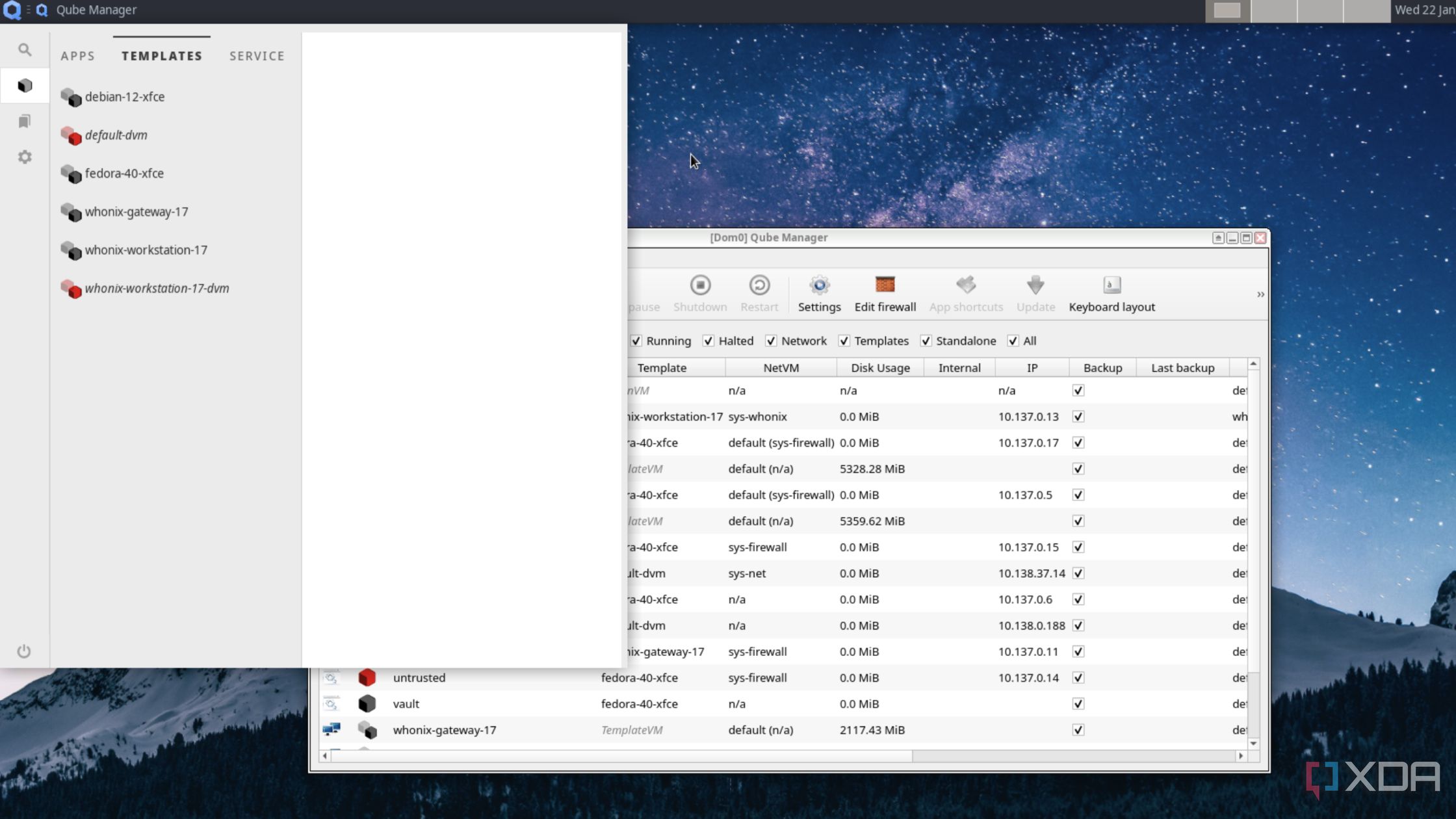
Related
5 reasons why 2025 might finally be the year of the Linux desktop
Despite their small share in the consumer PC landscape, 2025 is shaping up to be a solid year for Linux distributions
EU OS is an interesting project
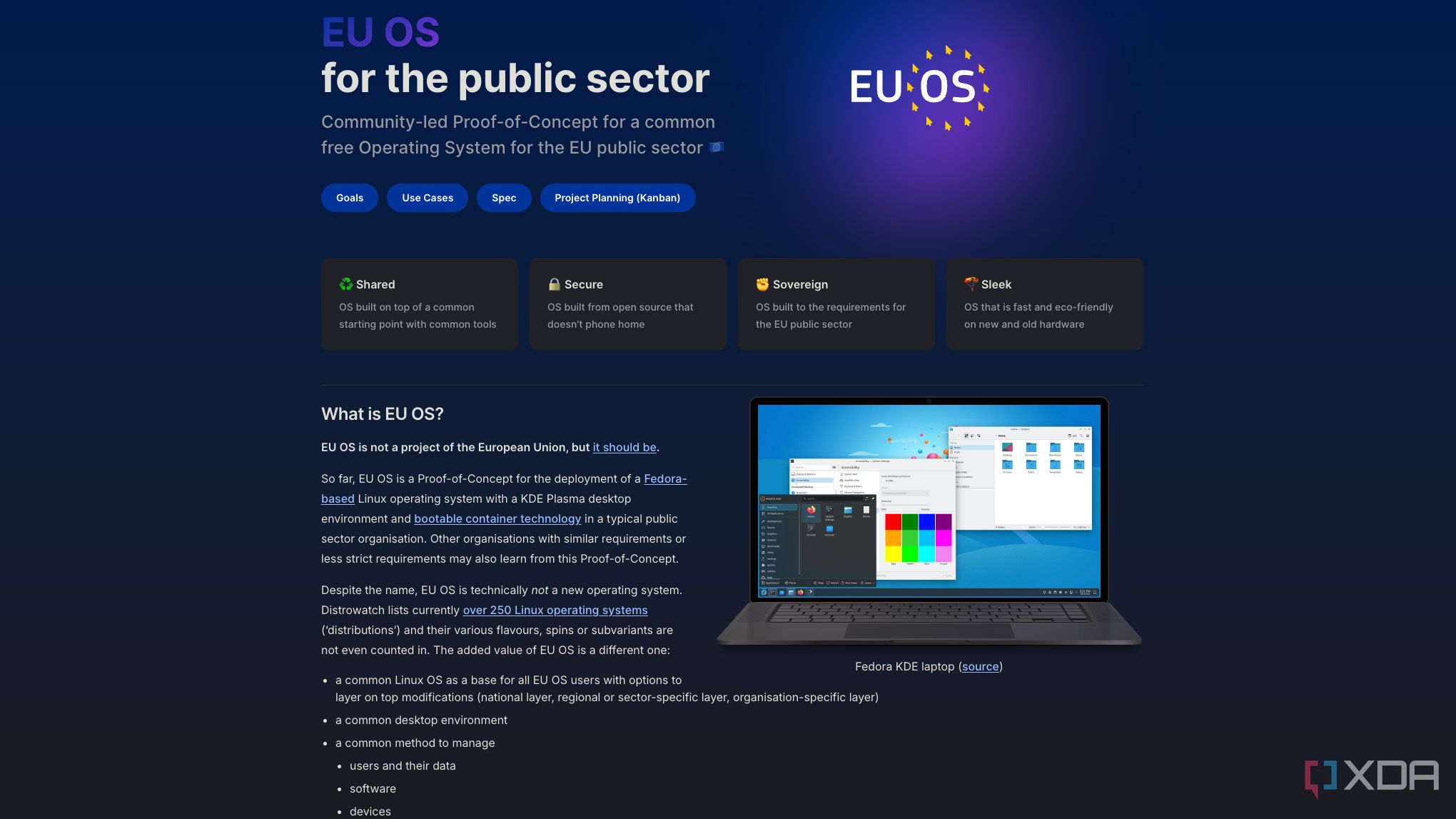
A big problem with all of these approaches is that they're all independent and disjointed from each other, which, for something as sensitive as government information, could be a problem. Keeping the technology secure and up to date while ensuring it serves the needs of the government is a lot of difficult.
That seems to be what EU OS, a community-led project for the European Union, wants to help solve. This proof-of-concept is a Linux-based operating system that would be designed with a common Linux-based layer (based on Fedora, specifically) that powers the experience for every EU OS user, including the same desktop environment and general user experience. However, governments in each of the member-states would be able to add their own modifications on top to suit their country or specific use cases.
EU OS would help extend the longevity of hardware in the public sector across the EU, as opposed to the added costs that come with new versions of Windows that drop support for older PCs, requiring governments to buy new hardware. Plus, it would provide a centralized maintenance and update system that isn't controlled by a foreign company.
There's no guarantee that EU OS is going to go much further than a proof-of-concept, but with a few examples around Europe trying to move away from Windows, there's potential that the EU will take this project seriously. Having the backing of an entity as large as the European Union also help Linux development in general and result in the OS becoming more approachable for all users.
Users and governments are tired of Windows
If anything can be taken away from this, it's that more than few people are tired of Microsoft for one reason or another. The big one is cost — Microsoft's software forces users to spend money to have access to the latest security features, even if there's no reason to replace that hardware just yet. But it's also the lack of control. Having to trust a giant foreign corporation with the safety of your government's data is troublesome for many governments. Being forced to install certain updates that are more than likely to cause issues with PCs is a problem for both organizations and general users.
It remains to be seen how well the adoption of Linux and LibreOffice goes in Denmark, but if more governments continue seeing success with this transition, it would give projects like EU OS all the more reason to exist, and it would create financial incentive for Linux and open-source software to be developed and offer a more user-friendly experience. That would be great to see, as serious competition to Microsoft is sorely needed.
.png)
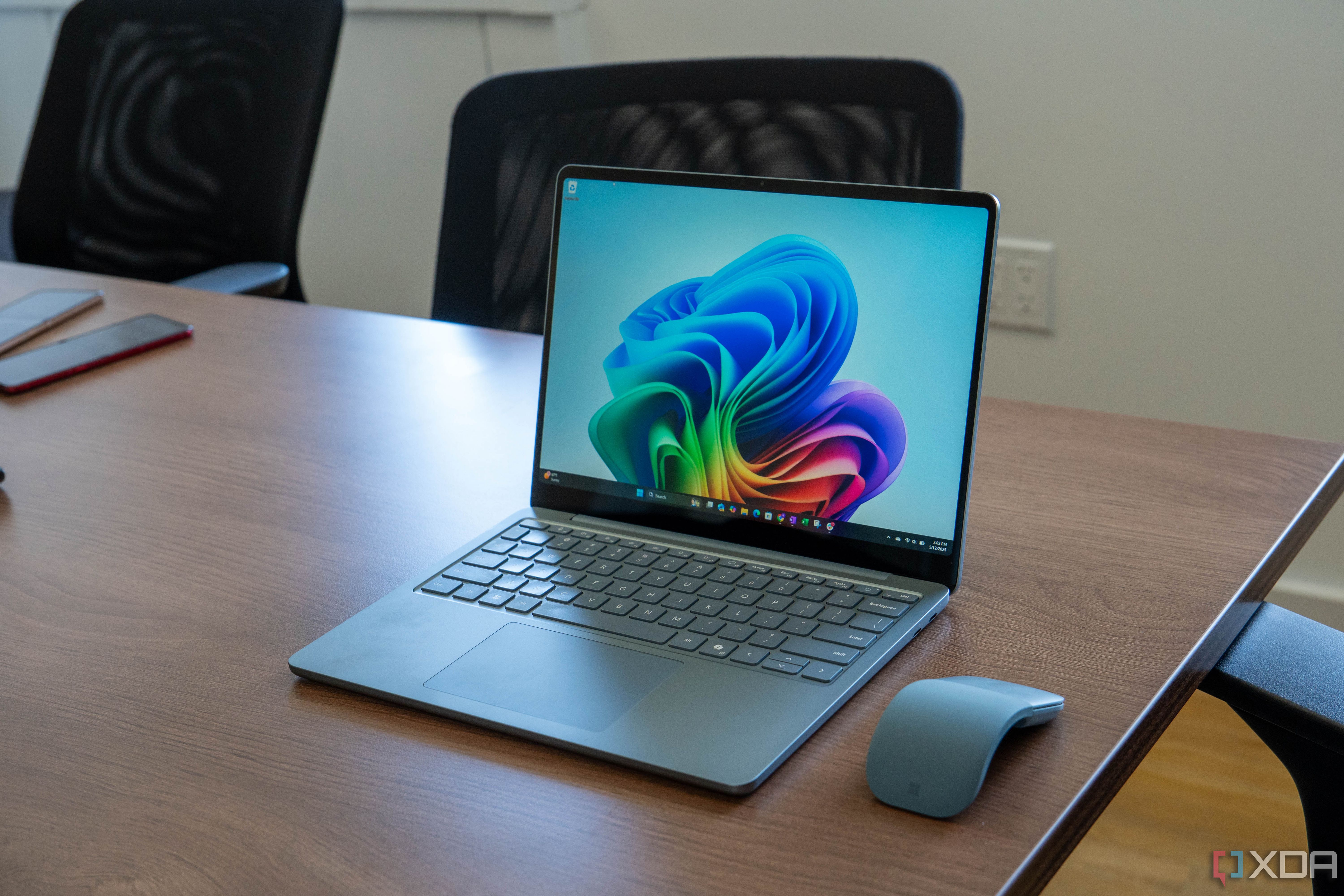

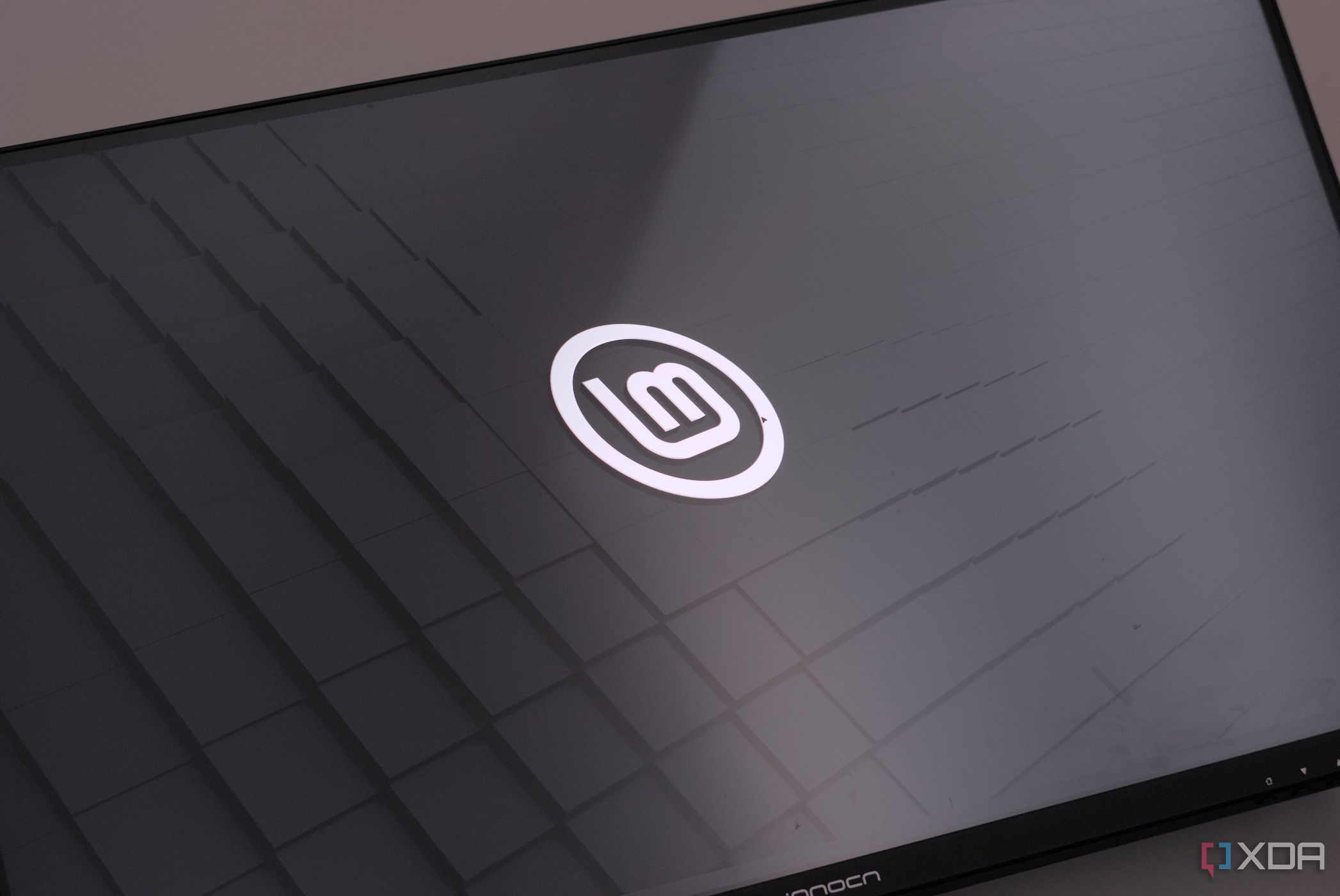











 English (US) ·
English (US) ·